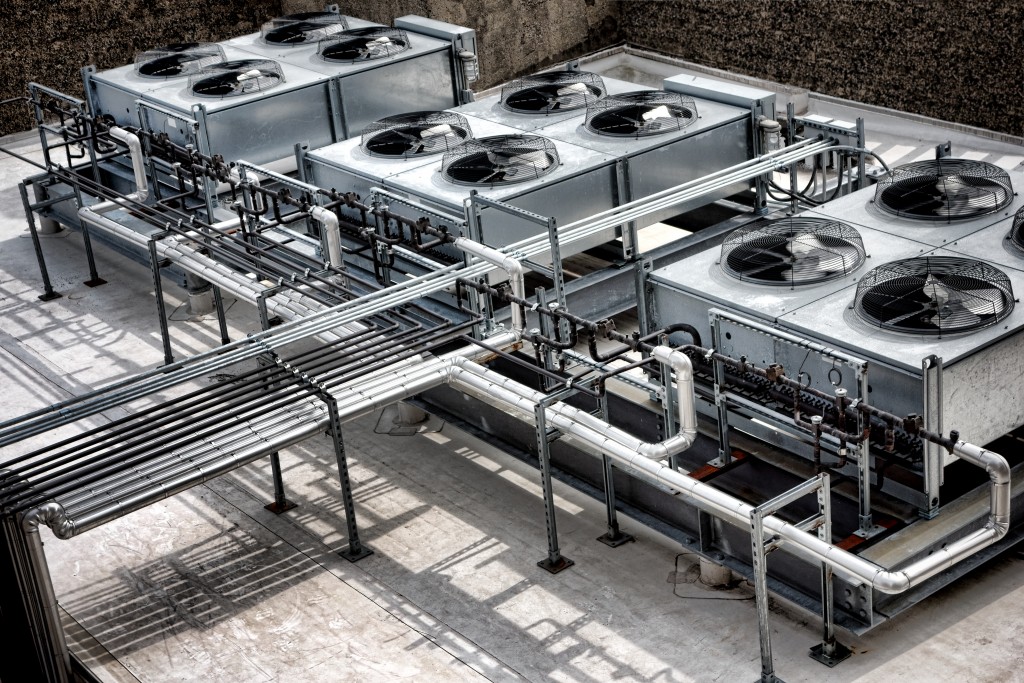The indoor ambiance of your business and home has a significant impact on the comfort of its occupants. The ideal temperature is the critical element in your building’s ambiance. As such, getting an HVAC system is crucial for every property owner. Even industry expert Airmaster would agree.
This does not, however, mean walking to the nearest shop and picking the cheapest or best-looking unit you come across. There are different aspects which should sway your choice. The primary aspect as HVAC providers will attest is the rating of your system.
There are many types of scores you will come across, and without a doubt, they will all be confusing. Here are a few tidbits on these ratings and their impact on the operation of your HVAC unit.
MERV
This is the minimum efficiency rating value of your HVAC unit. It denotes the efficiency of your HVAC system’s air filters. The MERV score ranges from 1–16 with 16 indicating that your unit has the highest air filter rating and can hence filter pores as small as pollen.
A high MERV rating is unfortunately not a perfect solution. Since the high score means smaller pores for your air filter, there might be a restricted airflow in your unit. As such, it is best to opt for your unit’s manufacturer-recommended MERV rating.
SEER
This is the seasonal energy efficiency rating. It denotes how much energy your unit uses to generate a determined amount of cool or warm air. A high score means your unit will use minimal energy and hence lower your energy expenses and are eco-friendly.
The highest HVAC SEER score is 30, although the minimum government-recommended value is 13. A high SEER rating typically means a more expensive HVAC unit but the lowered energy bills will be worth this upfront cost.
AFUE
 This is the average fuel utilization efficiency rating. It is a standard rating for HVAC units which run on gas or oil. AFUE is expressed as a percentage of the heat your unit delivers for every unit of fuel it uses.
This is the average fuel utilization efficiency rating. It is a standard rating for HVAC units which run on gas or oil. AFUE is expressed as a percentage of the heat your unit delivers for every unit of fuel it uses.
The ideal choice for your unit is one with a high AFUE rating. Luckily, new units have scores as high as 98.5% meaning only 1.5% of the gas or oil used to power your system goes to waste.
HSPF
This is the heating seasonal performance rating factor. The rating is used to determine the heating efficiency of a heat pump. The heat pump works based on the difference of your indoor and outdoor air temperatures to heat or cool your indoors.
A high rating generally means that the heat pump will use minimal energy to heat and cool your building. The HSPF rating ranges from 7.7 to 13.
Your ideal rating from the above is based on a lot of elements in your building. These include its size, health conditions of the building’s occupants and your area’s standard weather conditions among others. The guide above should direct you into the right direction. To guarantee you pick the right unit, however, get an HVAC expert to assess various aspects of your home and recommend the best choice.
